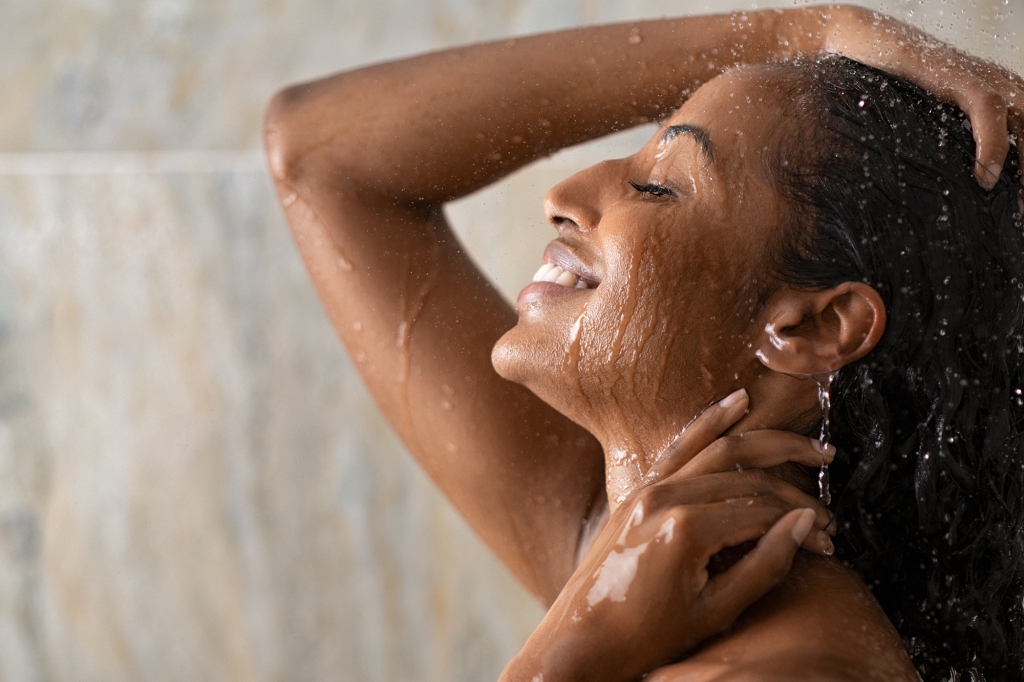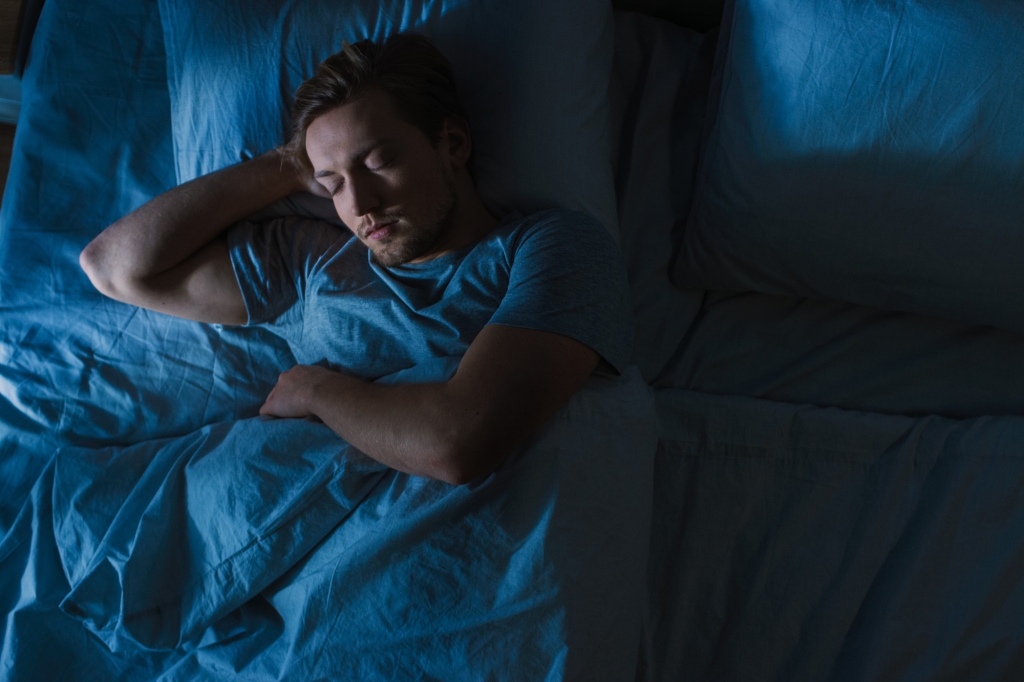Doing this one thing before bed can help you get a better night’s sleep
Including a shower in your bedtime routine can help you sleep a little easier, according to one expert.
Sleep specialist Olivia Arezzolo, author of Bear, Lion, Wolf, said that the COVID pandemic caused the average person’s sleep to get worse, with people spending hundreds each year on supplements to improve their rest.
“It’s a continuing spiral downwards – overall, anxiety and stress continue to rise, as does our incessant use of screens [phones etc] pre-bed,” Arezzolo told news.com.au.
“Similarly, our schedules are back to being overwhelmingly busy, now that we have social time thrown in the mix.
“This has been noted by the European Sleep Center too – reporting that lockdowns were detrimental due to the loss of routine, however as most individuals adjusted to a new routine, and are now having to readapt to former routines, sleep is again suffering.”
Lack of sleep can greatly impact your quality of life. In the short-term, it could contribute to problems like lack of alertness, impaired memory, relationship stress, and an increased likelihood of getting into a car accident. In the long-term, it can cause health problems like obesity, depression, poor immune system function, low libido, and heart disease, according to Cleveland Clinic.
Arezzolo said these results aren’t surprising and that a good night’s sleep all starts with a wind-down routine.
“It does confirm what I believe though: We need to address sleep on a national level and allocate additional funding for sleep-focused health campaigns,” she said.

First of all is shutting off technology, as blue lights from phones, laptops, tablets and televisions are known to impact sleep.
The next step Arezzolo recommended was taking a shower, as it promotes melatonin when the water brings your body temperature down.
“While in the shower, I recommend integrating calming scents in your body wash, such as lavender and vetiver, as both reduce activity of the sympathetic nervous system, which can otherwise make you feel tense,” she said.
“Once you move back into the bedroom, creating a perfect sleep sanctuary with no screens, a spritz of these calming scents in a pillow spray and dabbing your pulse points with the oils too is a great place to start.”

She said once in bed it’s good to meditate or read a book for 20 minutes, leaving your phone on the other side of the room.
She said it was important to leverage these tools.
Arezzolo said: “Reflecting on advice from the European Sleep Centre, those struggling with sleep should ensure they have a proper wind-down routine – which includes not using screens and having minimal light
“Reducing caffeine intake after 12 PM and avoiding alcohol completely; plus making your room cool – 66 F is ideal – are some simple steps which can improve sleep.”
Read the full article Here


